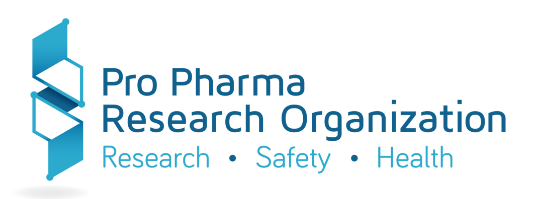
A Comprehensive Guide: Unveiling the Role of Medical Affairs in Modern Healthcare (part VII)
Ethical Considerations and Regulatory Compliance in Medical Affairs
In the realm of Medical Affairs, ethics and regulatory compliance are paramount to ensuring integrity in all activities and decisions. From clinical research to the dissemination of medical information, every action must align with ethical standards and established regulations. In this article, we will explore ethical considerations, compliance with regulations and guidelines, and the management of conflicts of interest in the field of Medical Affairs.
Ethical Considerations:
Ethical considerations in Medical Affairs encompass a wide range of areas, from patient privacy to equity in access to healthcare. Some of the fundamental ethical principles guiding activities in this field include:
- Patient Autonomy: Respecting patients' capacity to make informed decisions about their medical care, including participation in clinical trials and the disclosure of medical information.
- Beneficence and Non-maleficence: Seeking the welfare of the patient and avoiding harm. This involves ensuring that any information provided is accurate, unbiased, and beneficial to patients and the community at large.
- Justice: Ensuring that medical resources are distributed equitably and that all patients have access to appropriate healthcare, regardless of socioeconomic status, gender, race, or other characteristics.
- Confidentiality: Protecting the privacy and confidentiality of patient information, in compliance with data privacy regulations such as HIPAA in the United States or equivalent regulations in other countries.

Compliance with Regulations and Guidelines:
Compliance with regulations and guidelines is essential to ensuring legality and transparency in all Medical Affairs activities. This includes compliance with government regulations, such as the FDA in the United States and the EMA in the European Union, as well as ethical guidelines established by professional organizations and interest groups. Some key aspects of compliance include:
- Clinical Research: Adhering to ethical regulations and guidelines when designing, conducting, and disclosing the results of clinical trials. This includes obtaining informed consent from participants and ensuring data integrity.
- Disclosure of Medical Information: Complying with specific regulations regarding the disclosure of medical information, ensuring accuracy and impartiality in presenting data and results from clinical studies.
- Marketing and Promotion: Complying with regulations on the promotion of medical products, ensuring that all information provided is accurate and non-misleading.
- Scientific Integrity: Following ethical guidelines in research publication, avoiding plagiarism, data fabrication, or falsification, and ensuring transparency in disclosing conflicts of interest.

Conflict of Interest Management:
Conflicts of interest can arise in various situations in Medical Affairs, from financial relationships with the pharmaceutical industry to institutional affiliations. It is essential to manage these conflicts transparently and ethically to protect the integrity of medical decisions and recommendations. Some strategies for managing conflicts of interest include:
- Transparent Disclosure: Disclosing any potential or perceived conflicts of interest to the public, colleagues, and relevant institutions, ensuring informed and ethical decision-making.
- Policies and Procedures: Implementing clear policies and procedures for managing conflicts of interest, including regular assessment and risk management.
- Professional Independence: Maintaining professional independence and preventing conflicts of interest from influencing medical decisions or research.
In conclusion, ethical considerations, compliance with regulations and guidelines, and the management of conflicts of interest are essential elements in the field of Medical Affairs. By adhering to strong ethical principles and complying with established regulations, Medical Affairs professionals can ensure integrity and trust in all their activities and decisions, thereby promoting the welfare of patients and the community at large.
At Pro Pharma Research Organization, we offer a variety of services in the field of Medical Affairs. This includes support in regulatory affairs, medical strategy development, data analysis, and report generation, among others. All these services are conducted with a focus on ethical considerations and in strict compliance with regulations and guidelines established by various organizations. Feel free to reach out to us for more information and discover how we can contribute to the success of your company!
Publication date: May 2024
Author: Pro Pharma Research Organization Team










